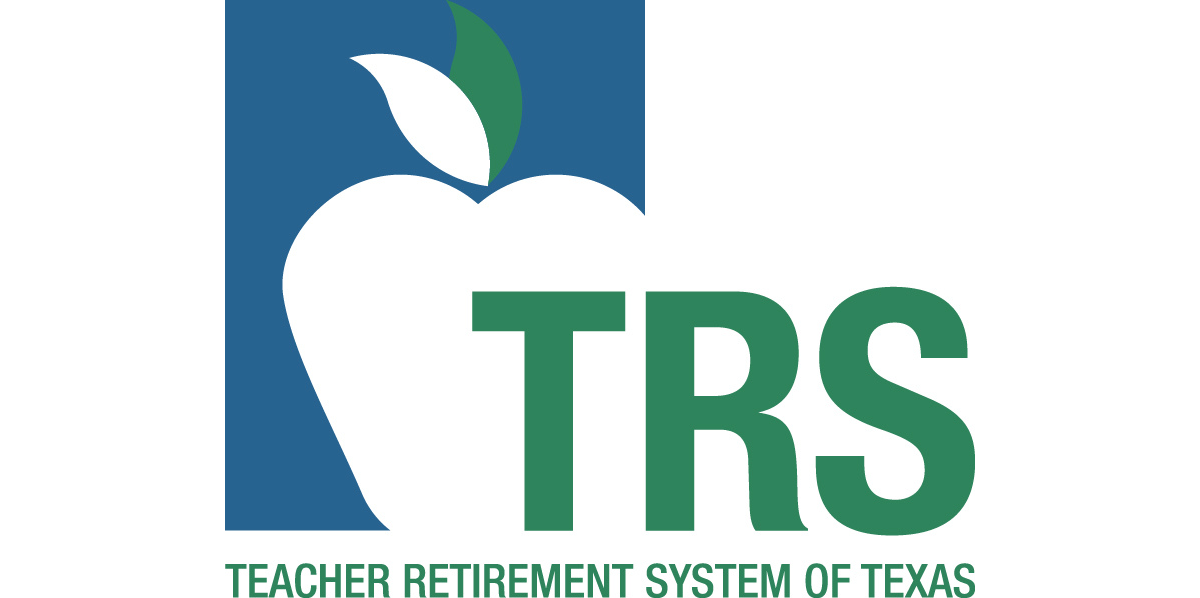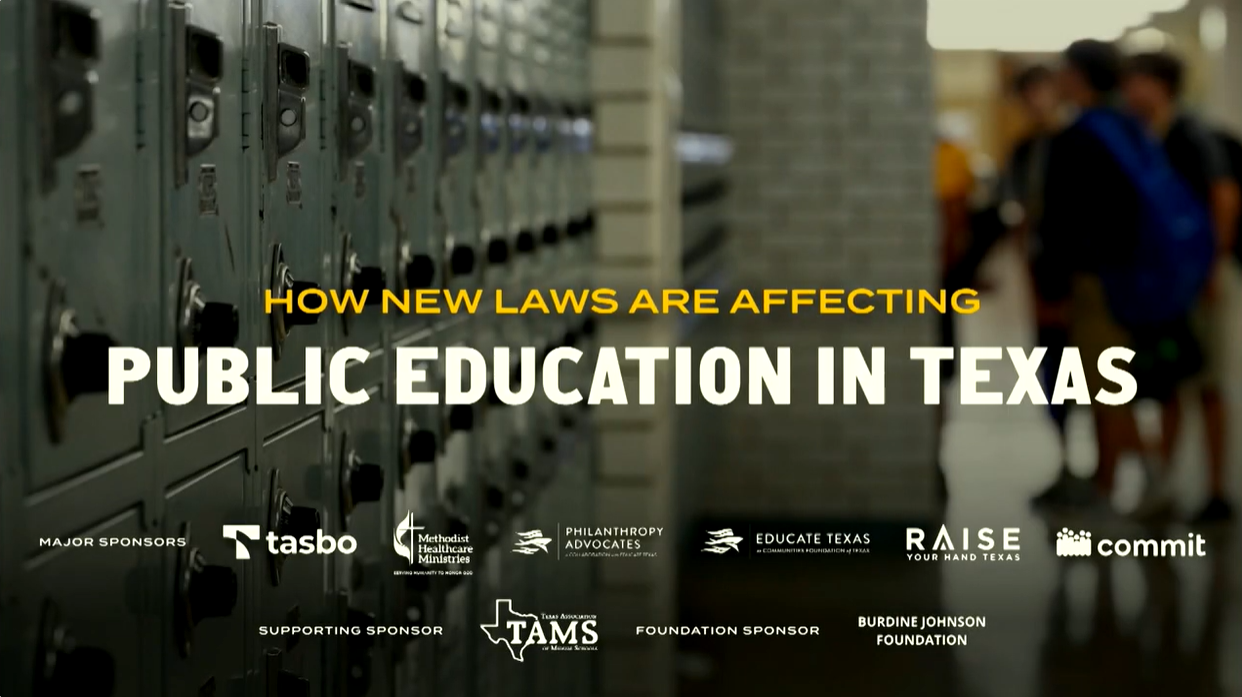What makes public schools public?

Date Posted: 3/18/2014 | Author: Monty Exter
ATPE does not have and has never had a position opposing the concept of charter schools. However, ATPE has long been involved in the discussion surrounding this relatively new type of school, so I watched with interest when the House Congressional Committee on Education and the Workforce met March 12 for a hearing entitled “Raising the Bar: The Role of Charter Schools in K-12 Education.” The hearing was essentially a show-and-tell session: Every panelist was a charter operator or proponent, and the majority of the hearing gave them a forum to extol their own virtues. Although there’s nothing wrong with giving advocates an opportunity to talk about themselves, the usefulness of a one-sided conversation is limited. (Watch the hearing here.) One refrain both lawmakers and panelists repeated several times during the hearing was an assertion of the “public-ness” of charter schools. Over the years, I’ve noticed this is a common occurrence at almost every charter school hearing. It’s repeated so often that it seems people are trying to convince the audience, and maybe themselves, that the statement is true. This constant refrain has left me asking myself the question: What makes public schools public? Are public schools public because they are publicly funded? Are they public because they are subject to state and federal regulations? Are schools public because they are governed by duly, locally and regularly elected boards? Or are they public for some other reason? Defining “public” The Texas Constitution states: “A general diffusion of knowledge being essential to the preservation of the liberties and rights of the people, it shall be the duty of the Legislature of the State to establish and make suitable provision for the support and maintenance of an efficient system of public free schools.” I recently attended a conference where it was pointed out that all 50 states have similar language in their constitutions. Does funding make schools public? The language references a requirement for public free schools. This indicates that the price of education to the student is at least a prerequisite to an education system being “public.” Of course, public education isn’t actually free, but there’s no user fee (tuition) because public education is publicly financed. Charter schools also do not charge user fees and are publicly financed. Therefore, if method of finance determines whether a school is public, then charter schools, like traditional public schools, clearly are. But how does that logic apply to other areas of “school choice”? Vouchers also provide public financing. Theoretically, you could open a school in a state with a voucher program that accepts only voucher students and charges no tuition. Would that school also be public? It would be subject to no standards of any kind. It would be subject to no public accountability or oversight. Such a school could potentially teach a curriculum rooted in Christianity, Islam, paganism or any other religion. Traditionally, schools that have been the recipients of publicly funded vouchers have been considered private, even by voucher proponents. Do regulations make a school public? Assuming method of finance does not make a school “public,” does being subject to state and federal education regulations make schools public? Although charter schools do have some flexibility that their traditional counterparts do not, both traditional public schools and charter schools are highly regulated at both the state and federal levels. However, districts and charter systems are far from unique in requiring authorization from the state or federal government to exist. Licensure is a requirement to operate many private businesses. Additionally, many endeavors—everything from farming to distributing alcohol and tobacco to waste disposal—are also highly regulated, despite being entirely private. Does oversight from locally elected officials make a school public? If state and federal regulations don’t make schools “public,” perhaps oversight from locally elected officials does. Although many private entities exist under state and or federal regulatory schemes (often extensive), they still have private owners or boards of directors. School districts, on the other hand, are governed by local officials elected by the citizenry on a regular basis. These officials must satisfy the wishes of the public within their district boundaries, at least to some extent, or risk being replaced during the next election. These locally elected boards have enormous power over the schools they govern. They implement and enforce much of the state and federal regulation that’s handed down, as well as make local regulatory and business decisions. It is hard to overestimate the potential impact a board of trustees can have on the culture, success or failure of the districts they oversee. But here’s the rub: Although charter systems do have boards, they are not necessarily local, and none of them are publicly elected. If it is this level of publicly elected officials that makes public schools public, are charters something else, and if so, what? What do you think? Tell us in the comments.
CONVERSATION
RECOMMENDED FOR YOU

04/18/2024
5th Circuit Court denies rehearing in publishers’ Texas library book lawsuit
Author of HB 900 urges Paxton to appeal to the U.S. Supreme Court.

04/17/2024
TRS board to consider lowering TRS-Care Medicare Advantage premiums
Increased legislative funding, federal changes mean TRS is positioned to pass on savings to plan participants.

04/16/2024
Texas Tribune hosts panel on the impact of new legislation on Texas public education
The hourlong conversation focused primarily on the need for and impact of three pieces of legislation passed in 2023.

